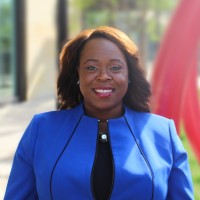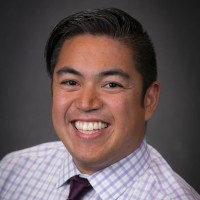Disrupting Biases: Uncovering How Privileges Manifest in Associations


The work of identifying and avoiding unconscious bias is hard and complicated, but it’s time to start doing the work. That was the message of Nathan Victoria with the Society of Personality Assessment and Tiki Ayiku with NASPA – Student Affairs Administrators in Higher Education in a Monday Learning Lab at the 2020 ASAE Annual Meeting.
It was at times academic and research heavy, but also genuine and eye-opening. Nathan and Tiki provided some important acknowledgements of the gravity of the moment and definitions that laid a foundation for the session.
Bias: The tendency, inclination or prejudice toward or against something or someone; often based on stereotypes and prejudge that leads to discrimination.
Privilege: A right or immunity grated as a particular benefit, advantage or behavior to a person or group of people.
Norms: Unwritten “rules” followed by those within a culture or community that often drive specific behaviors in society.
Bias impacts our perception, attitude, behaviors, attention, listening skills and micro-affirmations. The hard part is when that bias is hidden under the surface. By recognizing and talking about truths that we know about people, places, situations and organizations, we can start to make unconscious thoughts conscious.
Types of bias – both conscious and unconscious – are affinity bias (when we only interact or want to be around people who look like us), halo/horns bias (when a person does one great thing, and then they can do no wrong, or vice versa) and conformity bias (the tendency we have to behave like those around us to fit in).
An example of conformity bias that Nathan and Tiki, along with those in the session’s chat, talked much about was code switching, or when we change our language, dress, hair, personality or other traits to fit the norm and be acceptable to those in positions of power and privilege.
Another way these biases show themselves is in best practices our associations use that are sometimes based on arbitrary standards, or “sacred cow” programs that are in place because “the way we’ve always done it.”
For many people, awareness around issues of privilege and inequity are now in the light, meaning now is the time to purposefully disrupt those ideals and norms. As Maya Angelou said, “Do the best your can until you know better. Then when you know better, do better.”

